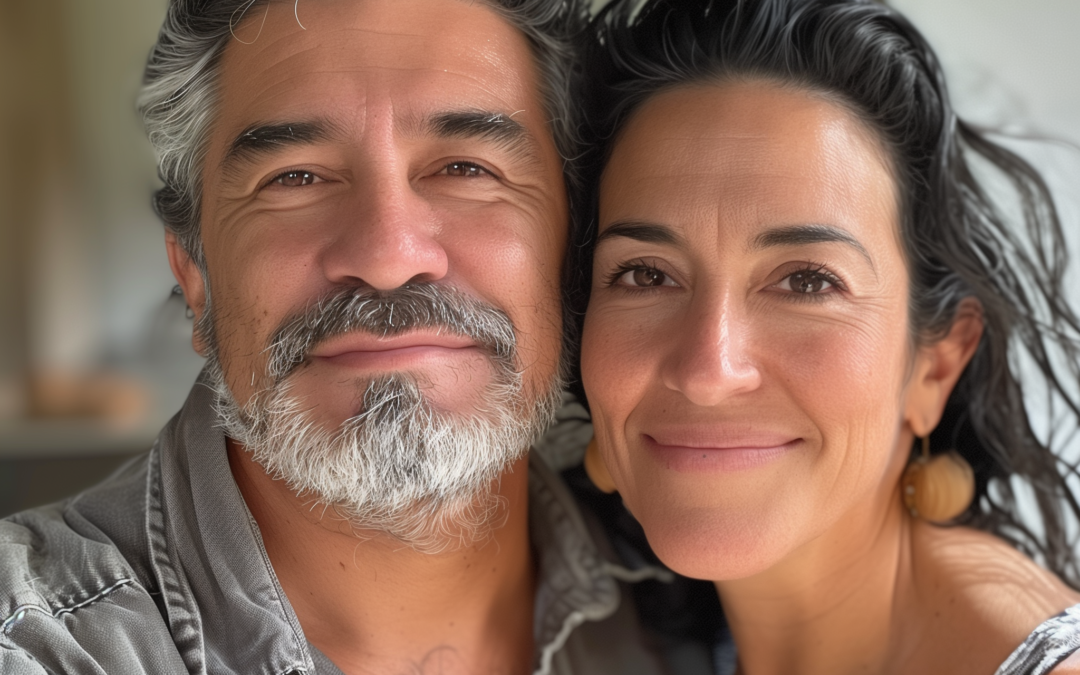*While I’m not currently in the dating world and hope never to need to be, I know that many of you are. So here is a guest article on the role of unconscious bias in dating decisions. I’m sure this could also apply to friendships, business relationships and other facets of life as well.
People tend to focus on physical features and material attributes when making dating decisions. Even in 2024, dating site profiles are focused on surface-level traits, which only augment the assumptions and biases. People’s biases deepen when they do not focus on getting to know people for who they really are. Unconscious biases are the automatic beliefs and thoughts deeply buried in one’s mind. They surface when you meet a new person, and you form beliefs about them based on your biases, especially if they are very different from you.
Why is Bias So Stubborn?
People’s upbringing, previous experiences, memories, and even media can fuel biases, and they are often unaware of them. They are mental shortcuts that let people process information more quickly, but they also have disadvantages. One of these is that they lead to automatic judgments that affect how a dating site user treats other users of a different race, socioeconomic background, etc. Biases lead to assumptions about people based on very little information, often purely related to their physical appearance. They can be based on their religion, their baldness, or even the car they drive. Profiles offer very little information, and people are quick to jump to conclusions.
Continued unawareness of bias easily influences every decision one makes and every aspect of one’s life without realizing it, including who one dates. The downsides are obvious. You might be really excited about your date because he’s really handsome, but then get turned off by some random innocuous bad habit or beige flag that he has.
Dating Apps Contribute to Bias
Most dating sites and apps promote finding a partner based on physical appearance, which fuels unconscious biases. Many apps have users swiping left or right based on nothing more than a photo. Biases reappear in these quick decisions. Dating sites have definitely become one of the easiest ways to meet people, but making judgments on physical features stops people from getting to know others. They don’t take the time to judge whether they’re really compatible with someone, and forming a meaningful relationship becomes impossible.
Algorithms and Racial Bias
Statistics show that dating app algorithms curate users’ feeds based on what they learn from their biases. According to an analysis by OkCupid, Asian and black men get fewer messages than white men and black women get the fewest messages of all female users. These findings draw attention to how unconscious biases lead to prejudiced dating algorithms. Hasty decisions can lead people to miss the right match.
A 2022 survey found almost 89% of respondents had been or currently were in an interracial relationship. Men were more likely to say that they were open to dating someone from a different race, while white people were the least open of all racial groups. Social exchange theory would hold that Asian and white people would be the most preferred partners, but the study did not confirm this. White people were the most preferred across all racial groups except other white people. The least preferred group was Asians.
The Impact of Media and Pop Culture
Media and pop culture play a significant role in shaping our biases and preferences. The portrayal of certain racial and ethnic groups in movies, TV shows, and advertisements often reinforces stereotypes. These stereotypes can seep into our subconscious and influence our dating preferences. For example, if the media consistently portrays a particular race in a negative light, individuals might unconsciously develop a bias against dating people from that race. It’s crucial to recognize this influence and actively seek diverse representations in media consumption to broaden our perspectives.
How to Overcome Bias
You must make a conscious decision not to let your initial judgments get in the way. Unconscious biases are part of human nature, but intentionally managing these attitudes helps. Look beyond your gut reaction. Reflect inward and give your potential partner a chance. Question your bias, try to be more self-aware, and observe how you project your judgments.
Make a commitment to form meaningful relationships, not just in dating. This also applies to finding roommates, friends, etc. It takes work. It can be a lifetime commitment requiring you to recognize your bias and evaluate how it impacts your choices and decisions. Have the courage to challenge yourself to expand your dating circles. Interact with people you may have hastily swiped left on.
Conclusion
Unconscious biases significantly impact dating decisions, often leading to missed opportunities for meaningful connections. These biases are fueled by various factors, including upbringing, media, and societal norms, and are perpetuated by the design of dating apps and algorithms. Overcoming these biases requires conscious effort and self-awareness. By challenging our initial judgments, seeking diverse experiences, and committing to understanding people beyond their surface-level traits, we can foster more meaningful and inclusive relationships. As we navigate the evolving landscape of online dating, it’s essential to be mindful of our biases and strive towards a more equitable and open-minded approach to finding love and companionship.
*Image created by A.I.
LEARN TO LOVE YOUR LIFE AGAIN
 Do you feel like you need to hit the REFRESH button on your life? Download our free guide and begin to create your best life yet!
Do you feel like you need to hit the REFRESH button on your life? Download our free guide and begin to create your best life yet!



